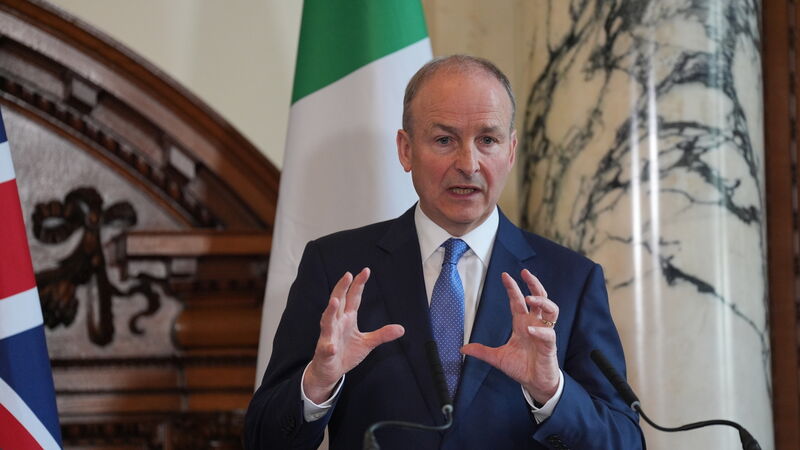Tanaiste says 80% figure for asylum seekers from NI not based on evidence

A claim by the Justice Minister that 80% of asylum seekers are coming into the country from Northern Ireland is not based on data, evidence or statistics, the Tánaiste has said.
Micheál Martin made the remarks after Justice Minister Helen McEntee last week claimed the number of asylum seekers crossing from Northern Ireland into the state is now “higher than 80%” following a shift in migration patterns in recent months.











